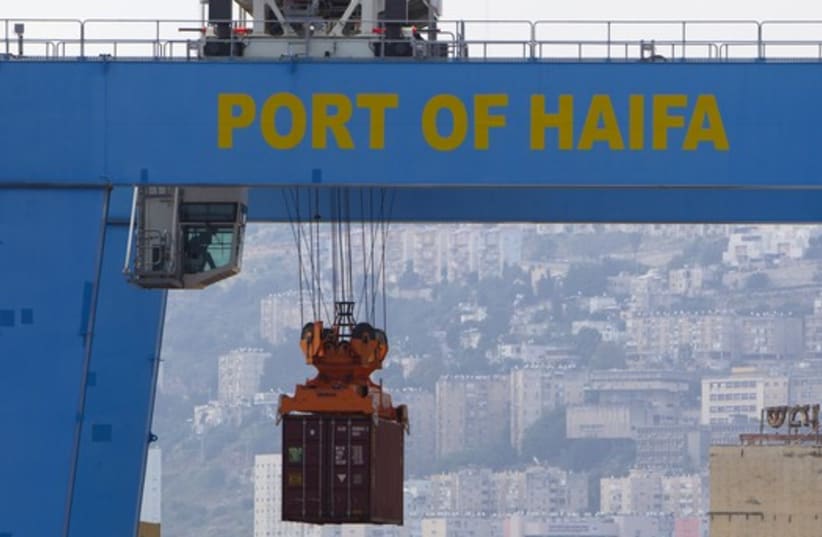Israel-China experts downplay impact of Haifa Port decision
"Israeli authorities were warned that the Haifa Port deal was dangerous for a long, long time, but infrastructure is secondary to technology in the way that China views Israel as a resource"
